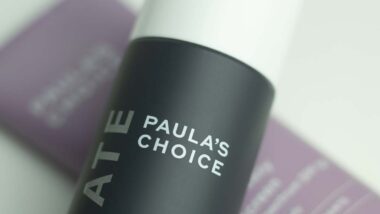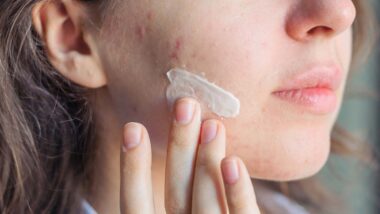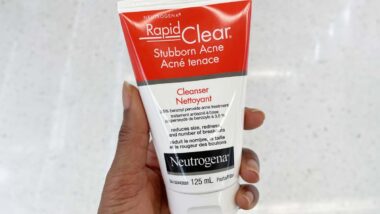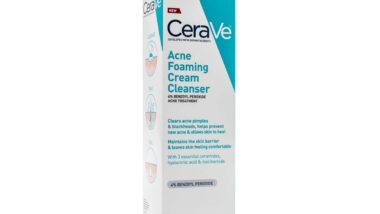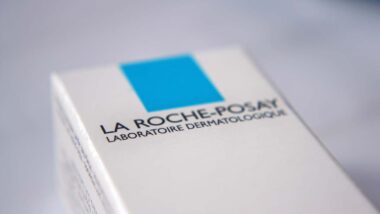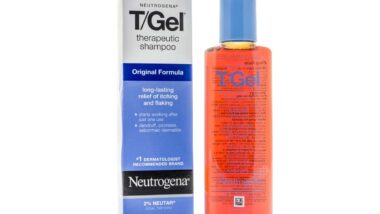Top Class Actions’s website and social media posts use affiliate links. If you make a purchase using such links, we may receive a commission, but it will not result in any additional charges to you. Please review our Affiliate Link Disclosure for more information.
What could make baby powder harmful? The question has been a source of public discourse as baby powder cancer lawsuits mount against household product and pharmaceutical giant Johnson & Johnson.
Tens of thousands of plaintiffs have filed personal injury lawsuits against Johnson & Johnson over its talc-based baby powder products, according to Business Insider. The lawsuits allege that daily genital application of baby powder caused ovarian cancer.
As of January 3, 2021, Johnson & Johnson was facing 25,000 lawsuits over its baby powder, according to the company.
For these plaintiffs, what made baby powder harmful was the risk of cancer associated with talc, its primary ingredient. Talc is a soft mineral found in clay and mined from deposits under the earth. It is in most baby powders, including Johnson & Johnson’s, though there are many alternatives available as well.
Why is baby powder harmful?
The talc in baby powder comprises three elements: magnesium, silicon, and oxygen. These elements absorb moisture and cut down on friction, characteristics heavily marketed by Johnson & Johnson as useful for personal hygiene.
There are two considerations for the damaging aspect of talc.
First, many users allege that talc is capable of causing ovarian cancer by traveling through the vagina and fallopian tubes to the ovaries.
Some studies examining the possible link have shown a significant increase in risk, while others have yielded mixed results. Nevertheless, there have been enough health concerns raised that talcum powder previously existing on condoms and latex surgical gloves was removed as early as 1990. As indicated by the Times article, the American Pediatric Association believes the application of baby powder can contribute to respiratory illnesses and lung damage in infants.
The second consideration — and one that has proved particularly effective with these lawsuits — is the possible presence of asbestos.
 Baby powder and asbestos
Baby powder and asbestos
Talcum powder products, including baby powder, have occasionally been found to be contaminated by asbestos.
The reason is that deposits of asbestos — made up of six different minerals — can exist in nature in close proximity or even within the talc deposits themselves.
Asbestos has proven to be a human carcinogen, according to the International Agency for Research on Cancer (IARC), a division of the World Health Agency.
Johnson & Johnson has faced issues over the connection between talc and asbestos. In October 2019, the company recalled 33,000 bottles of its talcum powder products due to concerns that a product lot was contaminated with asbestos. The U.S. Food and Drug Administration (FDA) reportedly detected asbestos in a sample of Johnson’s Baby Powder, causing the company to recall the lot “out of an abundance of caution.”
Later, the company challenged the FDA’s findings with its own results. The FDA reportedly has full confidence in its findings despite Johnson & Johnson’s protests.
The recall caused a public relations nightmare for Johnson & Johnson — especially since J&J is already facing thousands of lawsuits over talc powder cancer.
In July 2018, a jury awarded a group of 22 plaintiffs $4.69 billion in damages after their counsel argued that the talc they used was contaminated with asbestos, though the award was cut to $2.12 billion. This contaminated baby powder case represents a switch of tactics that may prove fruitful in getting Johnson & Johnson to take heed. Recently, the U.S. Supreme Court declined Johnson & Johnson’s appeal of the $2.12 billion award, putting a stop to the motion.
Several decades’ worth of J&J’s internal documents came to light in the case, revealing an ongoing concern about the presence of asbestos in the company’s products. These internal documents indicate that the company has been aware of a serious cancer risk associated with its talc-based baby powder products for decades.
In 2019, the Department of Justice launched a criminal investigation into Johnson & Johnson’s marketing of talcum powder, reported the Los Angeles Times. The investigation attempted to discern if the company misrepresented the dangers of talc to the public.
Johnson & Johnson officials may have been aware that asbestos could have been present in the talc it sold to customers, and actively concealed that from the public, The Los Angeles Times says. Similar claims have also been made in the pile of lawsuits facing the pharmaceutical giant.
In contrast to thousands of lawsuits against it and the investigations and internal documents that show decades-long awareness of cancer risk associated with its talc powder products, Johnson & Johnson maintains that the talcum powder neither contains asbestos nor causes cancer. However, dozens of juries have reportedly determined that Johnson & Johnson was aware that at least some baby powder contained asbestos.
Despite repeatedly defending its products to regulators and consumers, Johnson & Johnson agreed in October 2020 to an excess of $100 million to settle more than 1,000 lawsuits, according to Bloomberg. The deal brought an end to a small fraction of the thousands of lawsuits facing the company.
Johnson & Johnson emphasized in an emailed statement that the settlement was proposed “without an admission of liability” and doesn’t change the company’s stance that its talc is safe, free of asbestos, and doesn’t cause cancer.
“As a global healthcare company, we empathize with anyone suffering from cancer and understand that people are looking for answers,” Johnson & Johnson Global Corporate Media Relations Senior Director Kim Montagnino said in the statement, per Forbes.
“We believe those answers can be better understood through science — and the scientific evidence by medical experts around the world shows that our talc is safe and does not cause cancer,” Montagnino said.
In addition to agreeing to settlements with plaintiffs, Johnson & Johnson entirely removed it’s talc baby powder products from North American markets in 2020. The company emphasized that this move was not motivated by safety concerns but was instead prompted by consumer purchasing trends. In 2022, a shareholder vote to stop global talc baby powder sales was proposed by a UK investment platform. Shareholders voted on this at Johnson & Johnson’s annual meeting in April. Unfortunately, the motion did not pass, meaning that Johnson & Johnson will continue to sell it’s talc-based baby powder products around the globe despite mounting consumer concerns.
Filing a baby powder cancer lawsuit
A growing number of consumers are coming forward with baby powder cancer lawsuits against Johnson & Johnson. If you or someone you love has been diagnosed with ovarian cancer or mesothelioma after long-term exposure to Johnson & Johnson baby powder, you may be able to file a lawsuit and pursue compensation.
Filing a lawsuit cannot take away the pain and suffering caused by a cancer diagnosis, nor can it bring a loved one back to life, but it can at least help to alleviate the financial burden incurred by medical expenses, lost wages, and more.
Filing a lawsuit can be a daunting prospect, so Top Class Actions has laid the groundwork for you by connecting you with an experienced attorney. Consulting an attorney can help you determine if you have a claim, navigate the complexities of litigation, and maximize your potential compensation.
Join a free Johnson’s Baby Powder class action lawsuit investigation
If you or your loved one was diagnosed with ovarian cancer and used a baby powder product such as Johnson and Johnson Baby Powder or Shower to Shower, submit your information now in the form on this page for a free and confidential case evaluation.
You may qualify to pursue compensation for your medical bills, pain and suffering, and other damages.
See if you qualify by filling out the free form on this page.
ATTORNEY ADVERTISING
Top Class Actions is a Proud Member of the American Bar Association
LEGAL INFORMATION IS NOT LEGAL ADVICE
Top Class Actions Legal Statement
©2008 – 2024 Top Class Actions® LLC
Various Trademarks held by their respective owners
This website is not intended for viewing or usage by European Union citizens.
Get Help – It’s Free
Join a Free Johnson’s Baby Powder Class Action Lawsuit Investigation
Failing to warn consumers about the danger of baby powder cancer could make companies liable for your injuries. If you used Johnson’s Baby Powder or Shower to Shower body powder and were diagnosed with ovarian cancer or mesothelioma — or your loved one was — you may have a legal claim.
Please Note: If you want to participate in this investigation, it is imperative that you reply to the law firm if they call or email you. Failing to do so may result in you not getting signed up as a client or getting you dropped as a client.
Submit your information now for a free case evaluation!
E-mail any problems with this form to:
Questions@TopClassActions.com.

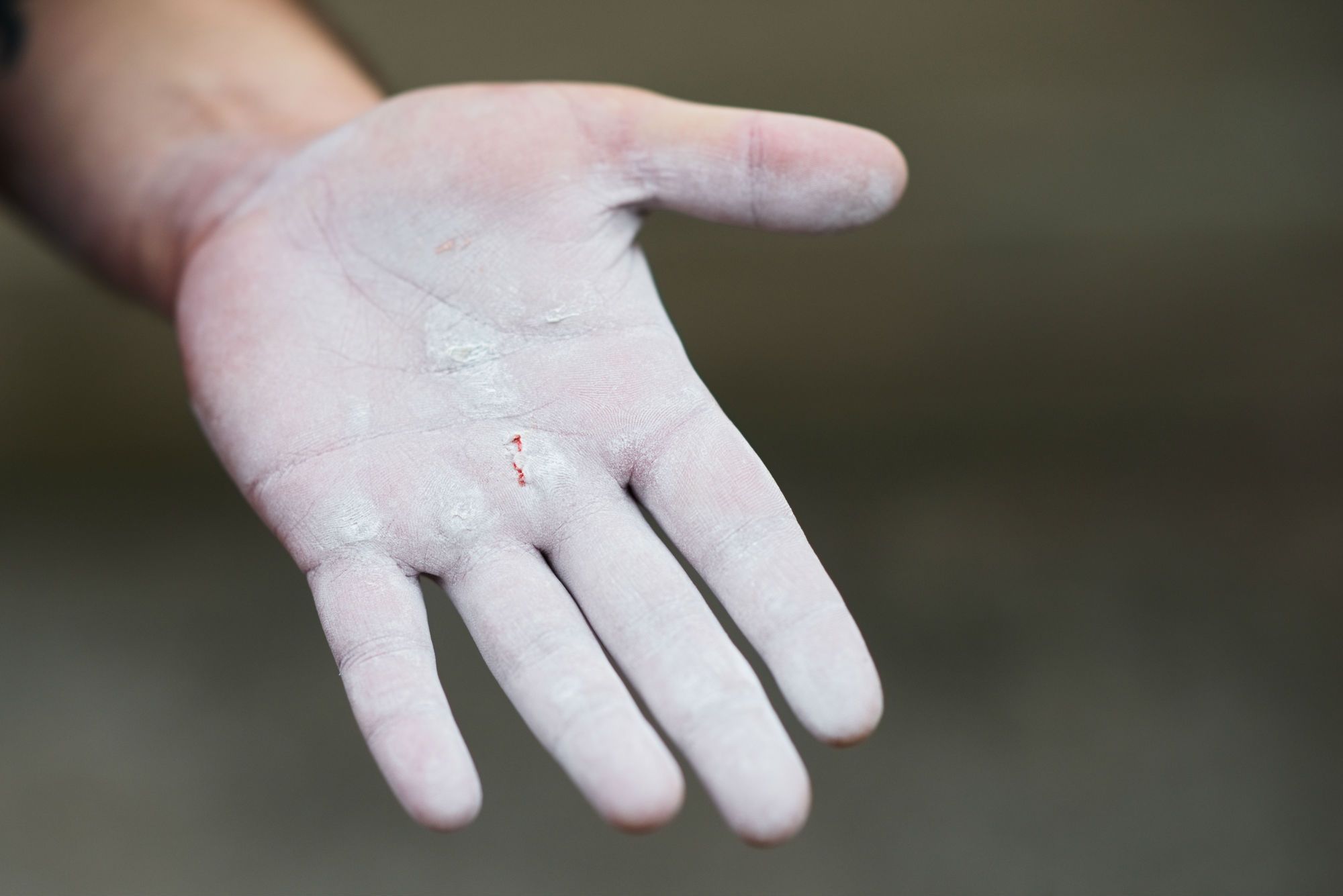
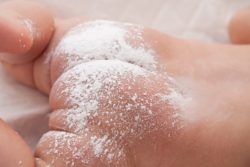 Baby powder and asbestos
Baby powder and asbestos

